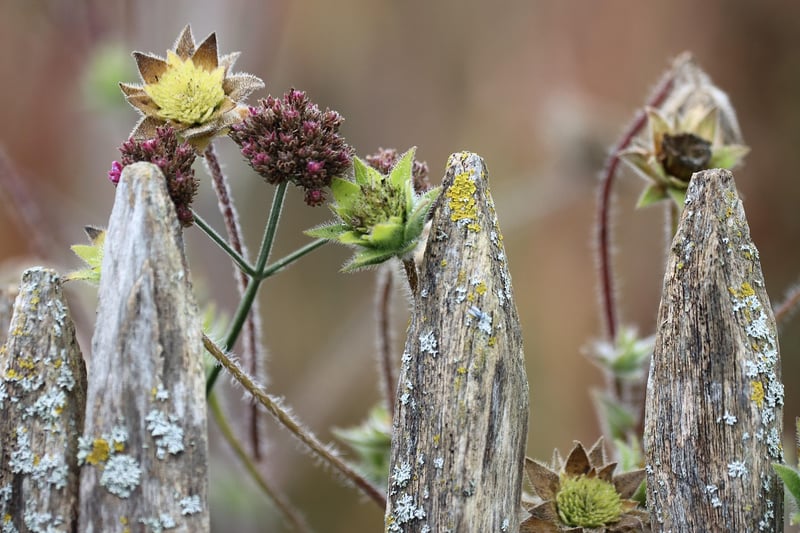Pest Control
Keeping Your Garden Healthy + Pest Control
Introduction
Welcome to our guide on keeping your garden healthy and effectively controlling pests. A thriving garden requires proper care and attention, including preventive measures to combat common pests that can damage your plants. Let's explore some essential tips to maintain a vibrant and pest-free garden.
1. Choose the Right Plants
Start by selecting plants that are well-suited to your local climate and soil conditions. Healthy plants are more resistant to pests and diseases, so choose varieties that thrive in your region.
2. Proper Watering and Drainage
Ensure your plants receive adequate water but avoid overwatering, as this can attract pests like fungus gnats. Good drainage is essential to prevent waterlogging, which can lead to root rot.
3. Mulch and Compost
Apply mulch around your plants to retain moisture, suppress weeds, and improve soil health. Composting kitchen scraps and garden waste creates nutrient-rich soil that supports plant growth and reduces the need for chemical fertilizers.
4. Regular Inspections
Inspect your garden regularly for signs of pest infestations, such as chewed leaves, holes in foliage, or wilting plants. Early detection allows you to take prompt action before the problem worsens.
5. Natural Pest Control Methods
Instead of reaching for chemical pesticides, consider using natural pest control methods like introducing beneficial insects, such as ladybugs or lacewings, that prey on garden pests. You can also use neem oil or insecticidal soap to deter common pests.
6. Crop Rotation
Rotate your crops each season to prevent the buildup of pests and diseases in the soil. Different plant families have distinct pest vulnerabilities, so rotating crops helps break the pest life cycle.
7. Companion Planting
Planting certain species together can help repel pests or attract beneficial insects. For example, marigolds can deter nematodes, while planting basil near tomatoes can improve their flavor and repel pests.
Conclusion
By following these tips and incorporating them into your gardening routine, you can maintain a healthy garden and effectively manage pests without relying on harmful chemicals. Remember that a balanced ecosystem in your garden is key to long-term success.
Happy gardening!

For more information on pest control and gardening tips, visit Royal Horticultural Society.
